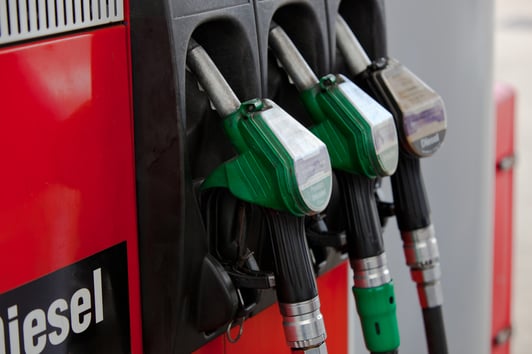The new VW Caddy Van has recently been showcased in Wolfsburg, Germany, the home of Volkswagen. The vehicle belongs to the fourth generation of Caddy vehicles; a very successful model during the last 11 years, with around 1.5 million models sold.
The new Caddy has evolved somewhat and you will notice some changes to its design—retaining its functionality, but gaining in style and presence.
The new Caddy range will be available in
petrol, diesel and natural gas engines. All the engines provide maximum efficiency and compliance with the new
Euro 6 emission regulations for light passenger and commercial vehicles. The lowest
fuel consumption is achieved by the
Blue Motion Caddy van—particularly suitable as a city van.
Eckhard Scholz, Chairman of the Board of Management of Volkswagen Commercial Vehicles, talks about a “new standard” and he goes on to say: “even the new 1.4-litre TGI, successor to the highly popular Caddy EcoFuel, consumes only 4.1 kg of natural gas per 100 kilometres. Through downsizing and turbochargers, it offers added power compared with its predecessor while consuming up to 28 per cent less fuel. These performance figures benefit everyone – and are equally kind to the environment and the pocket."
Safety features are also impressive. The Caddy van offers a wide range of driver assistance systems, including the “Front Assist” monitoring system, with “City Emergency Braking”. This system automatically applies the brakes if it detects that you’re going to have a low-speed (below 30 km/h) collision. It will also continue to apply the brakes if it detects obstacles after a high speed crash, even if the driver is no longer able to take any action.
The new born Caddy is also equipped with a “light assist” and a “driver alert” system, recognising any deviation from normal driving behaviour.
Adapative Cruise Control (ACC), with radar sensors, monitors distance and relative speed to the vehicle in front (particularly useful in traffic jams or queues); the Park Assist system is available as an optional extra.
The commercial vehicle will be launched in Germany at the end of June 2015.



